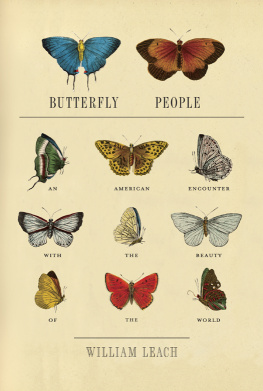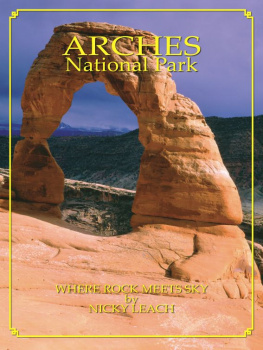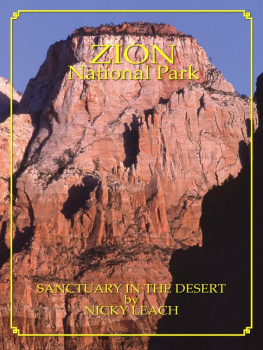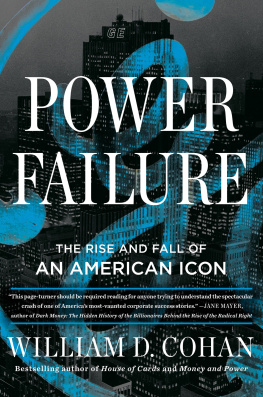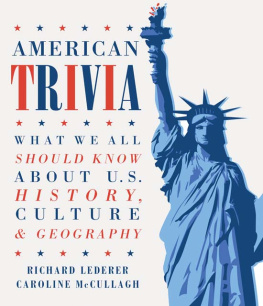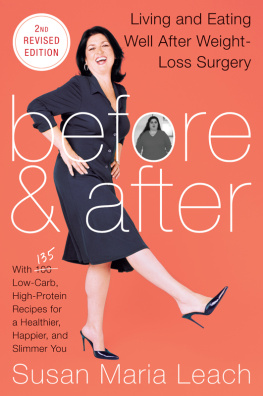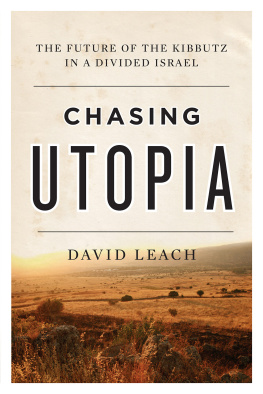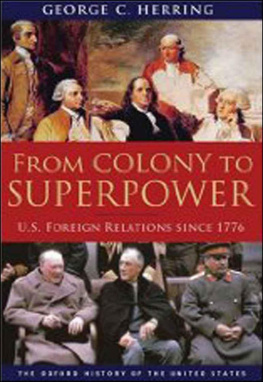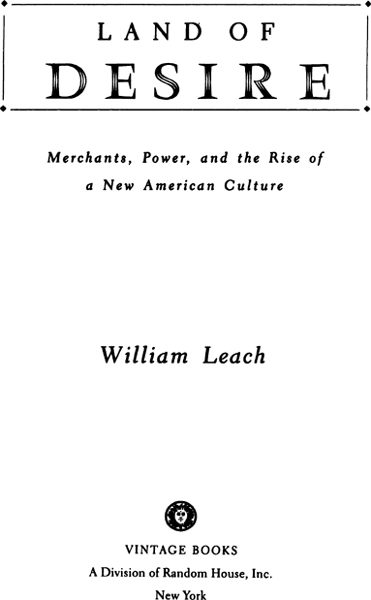ACCLAIM FOR William Leachs

LAND OF DESIRE
Land of Desire is the chronicle of a wholesale transformation in American life.
The New York Times Book Review
Before wistfully recalling a simpler, austere America, read Land of Desire. Leachs skill at dissecting the multi-stranded shades of history shows up in his analysis of the mystical connection many business leaders made between religion and capitalism. Next time you enter the territory of nostalgia, read Leachs book and learn that the past is more than a carefully housed set of events and memories. The past is in front of us.
Los Angeles Times
A good writer and thorough researcher [Leach] catalogs the mechanical tricks, ranging from the revolving doors to escalators, that lubricated the suctionlike rush of customers into the stores, creating their ambiance. The book pivots on a contradiction capitalism requires people to be pious souls in the workplace, wild pagans at the cash register.
Wall Street Journal
Leachs massive volume, more than a decade in the making, offers a bracingly acerbic account of the transformation of American culture that occurred when mass production and distribution made available a multitude of goods to satisfy needs that no one knew they had.
Boston Phoenix
Between 1880 and 1930, life in the U.S. changed from a society dominated by the work ethic to one ruled by consumer capitalism. In his outstanding cultural history, Leach analyzes the interaction of power structures that cooperated to produce this transformation.
Publishers Weekly
A significant achievement this is no dry history dominated by generalizations. [Land of Desire] makes a convincing attempt to tell us not only how we came to shop the way we do, but how we came to want, imagine and live the way we do.
Baltimore Sun
What is so heartening about Leachs book is its argument, entirely persuasive, that consumptionism is made of a set of attitudes as artificial and deliberately contrived as the movements of a mechanical bird.
Harpers Magazine
William Leachs Land of Desire could revolutionize the 1990s in the way Herbert Marcuses One-Dimensional Man helped radicalize the 60s. Leach reaches into the American history from 1890 to 1930 and pulls out a stunning critique of consumer capitalism.
Seattle Times
Indispensable. A narrative talent augmented by a sharp eye for the crucial detail Leach patiently traces the evolution of the consumer society from its humble beginnings in retailing through its institutionalization in the consumer and service sectors to its total acceptance as the American Way of Life.
The Nation
An extraordinary synthesis of business and cultural history that casts new light on broad areas of American commercial life.
Wilson Quarterly
Excellent. William Leach has taken a superb approach. He does an elegant job at getting at the fundamental twentieth-century problems. Required reading for anyone who wants to understand the origins of our consumption-based society.
Marketplace,American Public Radio
William Leach

LAND OF DESIRE
William Leach is the author of True Love and Perfect Union: The Feminist Reform of Sex and Society and the editor of The Wonderful Wizard of Oz by L. Frank Baum. He is currently at work on a study of the problem of boundaries in late-twentieth-century American culture.
ALSO BY W ILLIAM L EACH
True Love and Perfect Union:
The Feminist Reform of Sex and Society
TO W.I.S. (19271985)
AND E.S.B.
THE BROKEN BALANCE
The people buying and selling, consuming pleasures, talking in the archways,
Were all suddenly struck quiet
And ran from under stone to look up at the sky: so shrill and mournful,
So fierce and final, a brazen
Pealing of trumpets high up in the air, in the summer blue over Tuscany.
They marveled; the soothsayers answered:
Although the Gods are little troubled toward men, at the end of each period A sign is declared in heaven
Indicating new times, new customs, a changed people; the Romans
Rule, and Etruria is finished;
A wise mariner will trim the sails to the wind.
I heard yesterday
So shrill and mournful a trumpet-blast,
It was hard to be wise. You must eat change and endure; not be much troubled
For the people; they will have their happiness.
When the republic grows too heavy to endure, then Caesar will carry it;
When life grows hateful, theres power
Robinson Jeffers, The Broken Balance, 1929, from Rock and Hawk: A Selection of Shorter Poems by Robinson) Jeffers, Robert Haas, ed. (New York, 1987).
Contents
Introduction: The Land of Desire and the Culture
of Consumer Capitalism
I:
II:
III:
Preface

Whoever has the power to project a vision of the good life and make it prevail has the most decisive power of all. In its sheer quest to produce and sell goods cheaply in constantly growing volume and at higher profit levels, American business, after 1890, acquired such power and, despite a few wrenching crises along the way, has kept it ever since. From the 1890s on, American corporate business, in league with key institutions, began the transformation of American society into a society preoccupied with consumption, with comfort and bodily well-being, with luxury, spending, and acquisition, with more goods this year than last, more next year than this. American consumer capitalism produced a culture almost violently hostile to the past and to tradition, a future-oriented culture of desire that confused the good life with goods. It was a culture that first appeared as an alternative cultureor as one moving largely against the grain of earlier traditions of republicanism and Christian virtueand then unfolded to become the reigning culture of the United States. It was the culture that many people the world over soon came to see as the heart of American life.
This book deals with the crucial formative years of this culture, 1880 to 1930. It seeks to illuminate its power and appeal as well as the tremendous ethical change it brought to America. Today, as mass consumer capitalism seems to be spreading across all frontiers, it is urgent for us to understand how it first came into being and what was gained or lost or repressed in that process. It is urgent for us to see this culture as a time-bound historical creation, especially if we have any misgivings about it, want to change it, or aim to reject it altogether.


